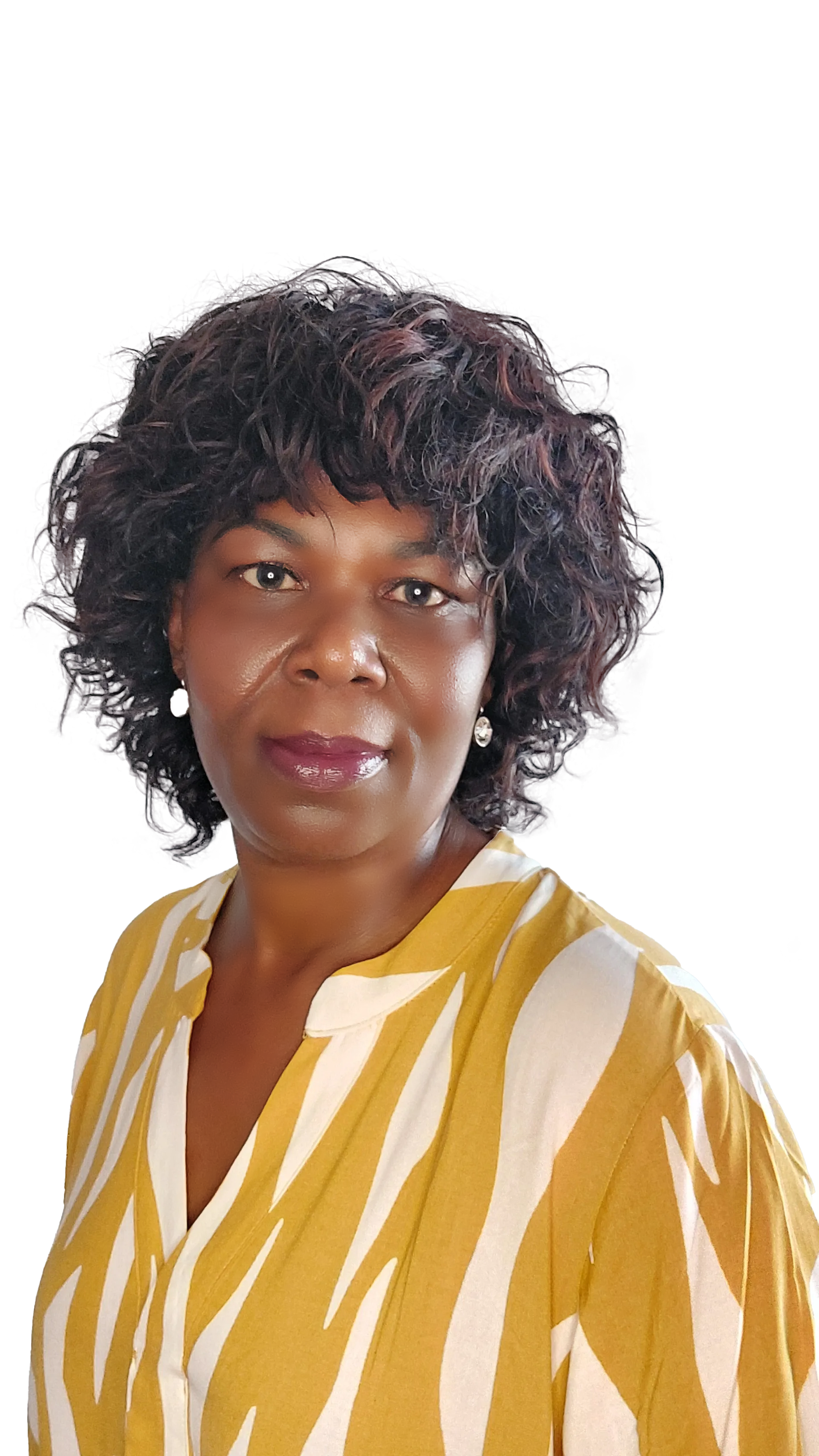
Self-Acceptance: Focus on your own happiness and self-worth
Ever notice how self-acceptance becomes a challenge when your relationship status feels like everyone’s business but your own? Trust me, we’ve all been there. Being single especially as a Black woman in a society that often celebrates coupled life can seem like a solitary journey filled with unsolicited opinions and societal pressures that rival any family recipe. But it doesn’t have to be that way. Embracing who you are is the key to unlocking a fulfilling and vibrant life, regardless of your relationship status.
Let’s flip the narrative. Singlehood isn’t a stage to rush through; it’s a powerful journey of accepting yourself and growth. So let’s dive in and redefine what it truly means to be single and thriving.
The Unique Journey of Self-Acceptance for Black Women
Self-acceptance is more than a buzzword; it’s a transformative process of embracing who you are, flaws and all. For Black women, this journey often intersects with cultural expectations, historical stereotypes, and societal pressures that can make self-love feel like an act of rebellion.
According to a study published in the Journal of Black Psychology, Black women face distinct challenges in developing self-esteem due to societal biases and media representation. However, the same study highlights the resilience and strength that come from embracing self-acceptance and one’s authentic identity.
Redefining Singlehood: More Than a Relationship Status
Being single is not a waiting room for life to happen; it’s a vibrant chapter filled with growth, exploration, and self-discovery. Let’s toss out the outdated notion that singlehood is something to “fix” and instead celebrate it as a valid and enriching phase of self-acceptance.
Remember when Issa Rae’s character in Insecure decided to focus on herself? That wasn’t just good TV; it was a mirror reflecting the real-life empowerment that comes from embracing singlehood and practicing self-acceptance.
Signs of Healthy Self-Acceptance
How do you know if you’re rocking this self accepting thing? Here are some signs:
- You Set Boundaries: You’re comfortable saying no without feeling guilty, a key aspect of self-acceptance.
- You Prioritize Self-Care: You understand that taking care of yourself isn’t selfish; it’s necessary for self-acceptance.
- You Embrace Your Authentic Self: You show up as you are, unapologetically, which is a hallmark of self-acceptance.
- You Celebrate Your Achievements: Big or small, you acknowledge your accomplishments, reinforcing self-acceptance.
- You Let Go of Perfectionism: You accept that making mistakes is part of being human, a vital part of self-acceptance.
If you’re nodding along, give yourself a high-five for embracing your single status!
Ways to Improve Self-Acceptance
Not quite there yet? No worries, sis. Here are some strategies to boost your self-acceptance:
- Practice Mindfulness: Engage in activities like meditation or yoga to connect with yourself and enhance accepting yourself much more.
- Affirmations: Start your day with positive affirmations that reinforce your worth and promote self-love.
- Journaling: Write down your thoughts and feelings to better understand yourself and foster self-acceptance.
- Seek Supportive Communities: Surround yourself with people who uplift and inspire you, aiding in accepting yourself
- Professional Help: There’s no shame in talking to a therapist to navigate complex emotions and improve accepting your self.
Embracing Singlehood
My Friend’s daughter who is 35 years old once told me about the time she felt the weight of societal expectations pressing down on her. Her friends were pairing off, social media was flooded with engagement announcements, and there she was single. It wasn’t until she took a solo trip to New Orleans that she discovered the joy of her own company. Dancing to jazz music, savoring beignets, and engaging in soulful conversations with strangers reminded her that life is rich and full, with or without a partner. That trip was a turning point in her journey toward self-acceptance.
The Science Behind Self-Acceptance
Research from the American Psychological Association indicates that higher levels of self-acceptance lead to better mental health, including reduced anxiety and depression. By fostering self-acceptance, we not only improve our relationship with ourselves but also enhance our interactions with others.
A study in the Journal of Happiness Studies found that self-acceptance is a key component of overall well-being. Yet, it’s the aspect people practice the least. This suggests that actively working on self-acceptance can have a significant positive impact on our lives.
FAQs on Self-Acceptance and Singlehood
Q: Is it normal to feel pressure to be in a relationship?
A: Absolutely. Societal and cultural norms often emphasize relationships, but recognizing this pressure is the first step toward overcoming it through self-acceptance.
Q: How can I deal with family members who question my single status?
A: Set firm but polite boundaries. Let them know you’re focused on your personal growth and happiness, which is part of your self-acceptance journey.
Q: Can accepting singleness impact my future relationships?
A: Yes! A strong sense of accepting your status can lead to healthier, more fulfilling relationships when you choose to enter them.
Q: What if I struggle with self-acceptance due to past experiences?
A: Past experiences can make accepting oneself challenging, but seeking professional help can provide tools to heal and embrace yourself fully.
Conclusion
Embracing self-acceptance is a powerful act, especially for Black women navigating the complexities of singlehood. It’s about recognizing your worth, celebrating your journey, and living life on your own terms. So the next time someone asks about your relationship status, feel free to smile and say, “I’m in a committed relationship with myself.”


